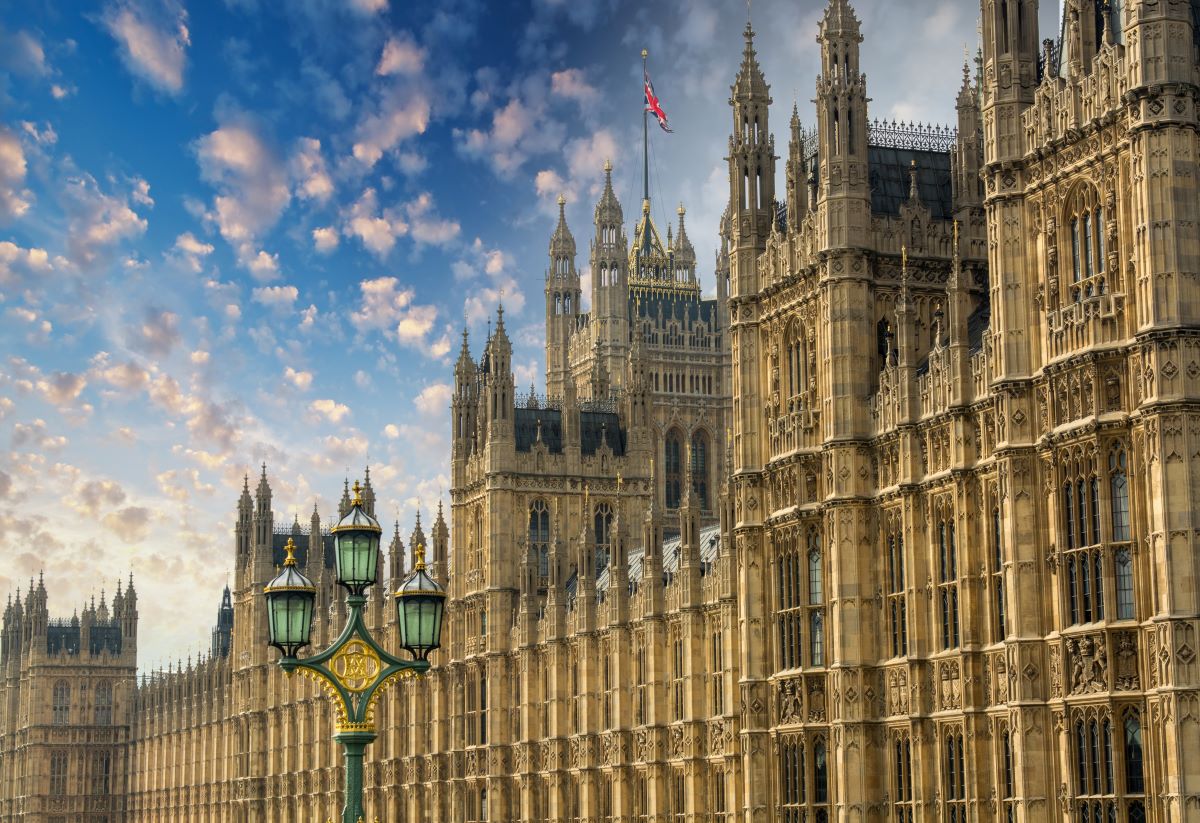Labour unveils plans to swiftly abolish hereditary peers in the UK House of Lords, prioritising democratic reform while allowing ousted legislators continued access to Parliament. Here’s the full story.
Policy Reveal

The Labour Party, widely predicted to form the next government, has started revealing more of the policies it would enact should it be elected into power.
Modernising British Politics

While the party’s leaders have hesitated to reveal too much about their political priorities, they have recently announced their plans to modernise the British political system.
Abolishing Hereditary Peers

The Labour Party has announced that, if elected, it will abolish hereditary peers from the House of Lords.
First Term

While the complete overhaul of the unelected upper chamber remains a long-term goal, Labour plans to prioritise removing them in the House of Lords within its first term in power.
Outdated and Undemocratic

Labour’s decision to swiftly eliminate the hereditary peers reflects a commitment to addressing what they, and many in the British public, perceive as an outdated and undemocratic aspect of the UK’s legislative system.
59% in Favour of Reform

YouGov polling has shown consistent and growing public support for the House of Lords reform, with 59% in favour and only 13% opposed.
Dismantling Privilege
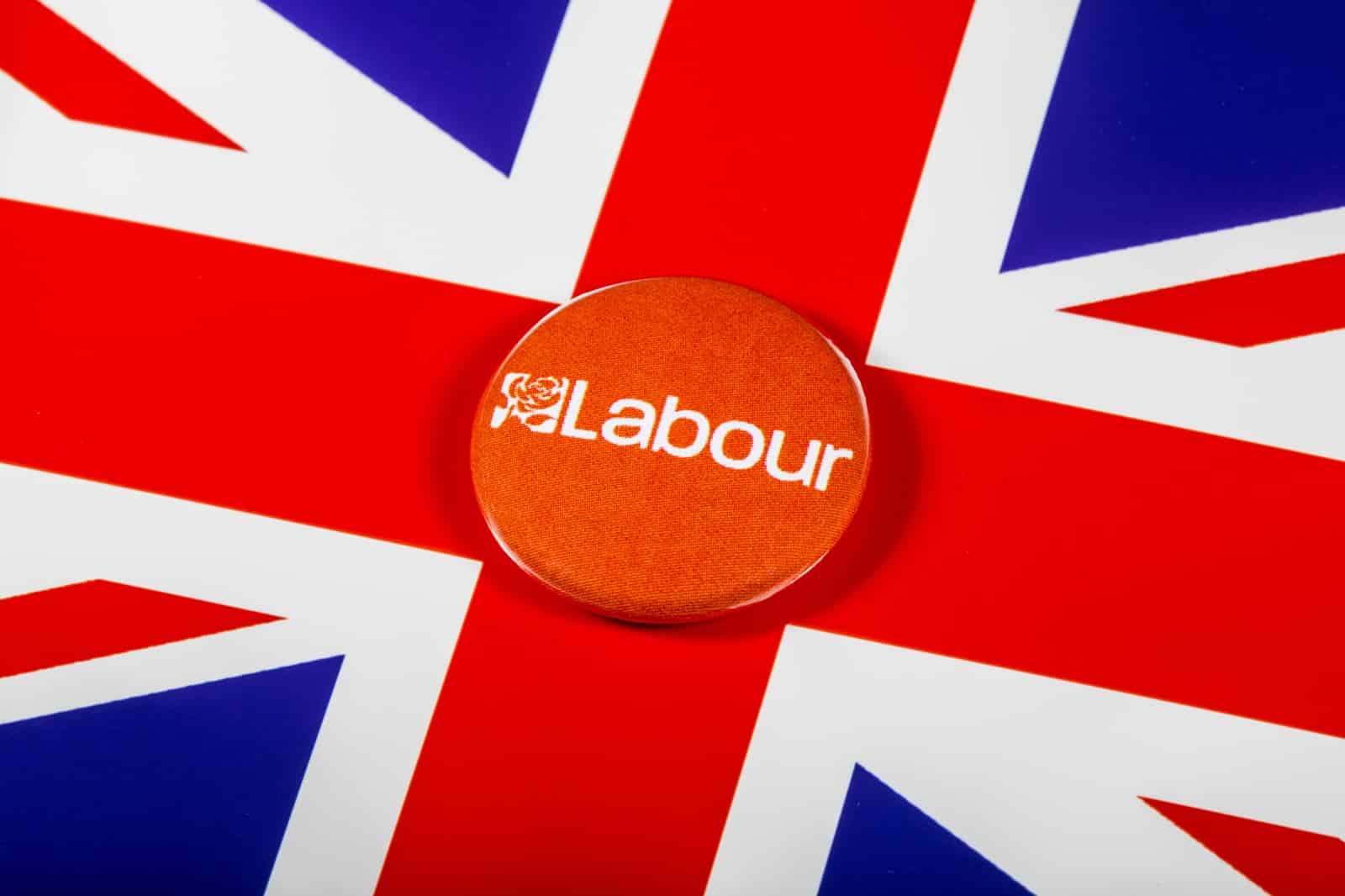
The Labour Party aims to dismantle the entrenched privilege associated with the 92 reserved seats for aristocrats in the House of Lords.
Gradual Reduction

The Labour Party first considered gradually reducing the number of hereditary peers by ending the by-elections, which traditionally followed one of the hereditary lords.
“Bloated” Upper House

However, recently, Labour has pivoted towards a considerably more assertive approach. Instead, The party has opted for immediate action to reduce what they referred to as the “bloated” upper house.
Second Largest
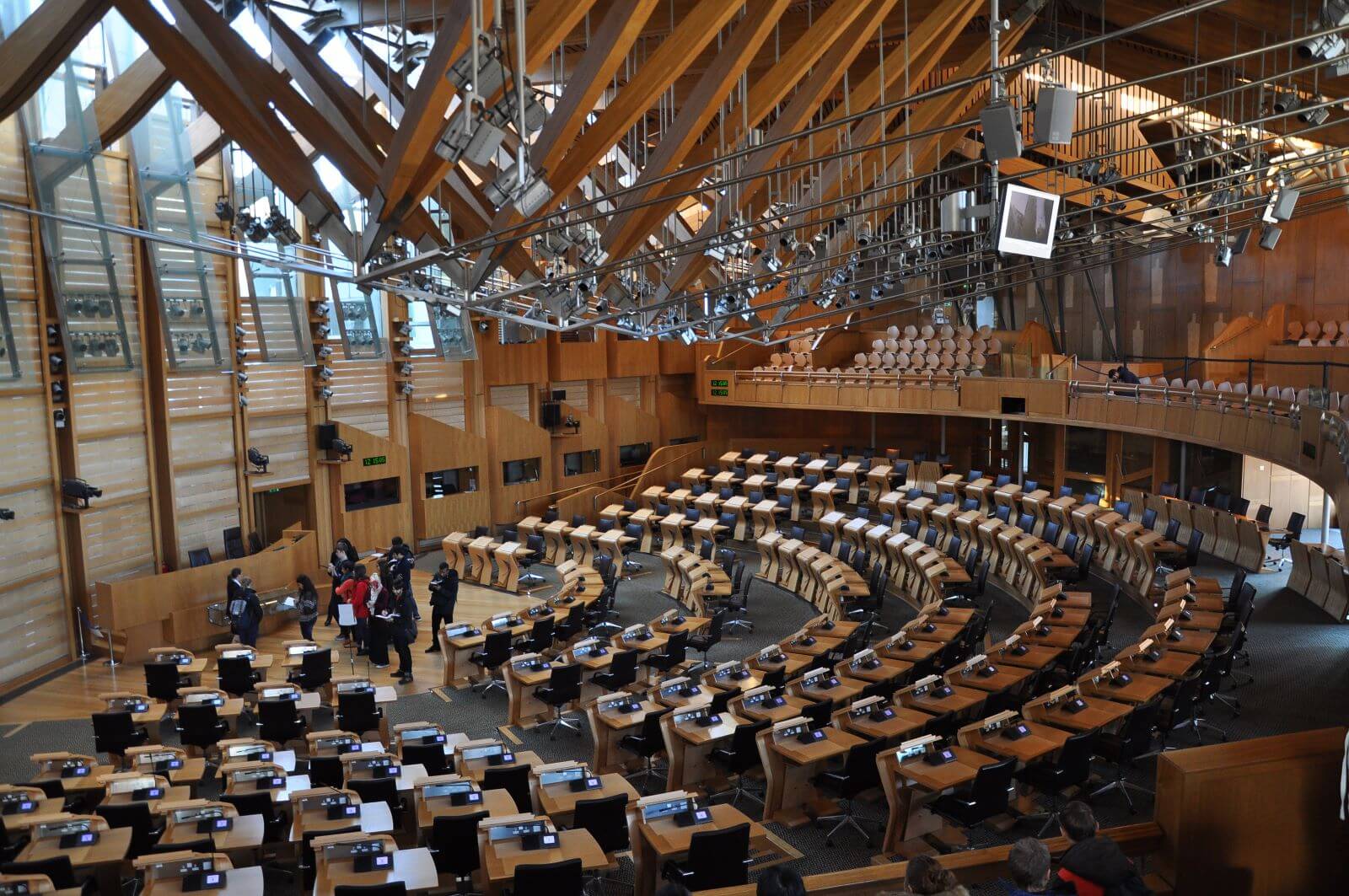
The House of Lords is now the second-largest chamber in the world, behind only China’s National People’s Congress. It has over 800 members.
Retained Access

Despite being stripped of their legislative powers, hereditary peers will retain access to the Palace of Westminster.
“Sweetener”

This decision, described as a “sweetener” by party insiders, ensures that ousted legislators can still engage in parliamentary proceedings.
No Voting, but Drinking

The hereditary peers will no longer be able to vote on laws, but they will still have access to the Palace of Westminster, with its infamously subsidised restaurants and bars.
“Aristocratic Birthright”

One Labour insider told the Financial Times, “The crucial thing is ending the anachronism of hereditary peers enjoying a role as legislators of the realm by dint of their aristocratic birthright. They can keep their passes to parliament — we’re not bothered about that.”
Political Implications

The move to axe hereditary peers also has profound political implications. Perhaps unsurprisingly, the vast majority of the aristocratic peers are aligned with the Conservative Party.
Rebalancing the House of Lords

Labour’s reform plans aim to rebalance the political composition of the House of Lords, addressing severe concerns about skewed representation and gender imbalance highlighted by the Lord Speaker’s Committee.
“Impossible to Justify”

In 2023, the Lord Speaker announced that the continuation of hereditary peers and the fact that all of them are male is “impossible to justify in a modern legislature.”
Financial Burden

Beyond political considerations, the proposed reforms also seek to rationalise the financial burden associated with the House of Lords.
£342 a Day

By removing more than 90 hereditary peers, Labour aims to curtail the costs incurred by the upper chamber, primarily through attendance allowances, which amount to an eye-watering £342 a day.
Tony Blair

Labour views the planned reforms as a continuation of the trajectory initiated by Tony Blair’s government in 1997.
Laying Groundwork

Blair’s decision to significantly reduce the number of hereditary peers laid the groundwork for further reforms, aligning with Labour’s current objectives of enhancing democratic representation within the House of Lords.
Detailed Plans Still to Come
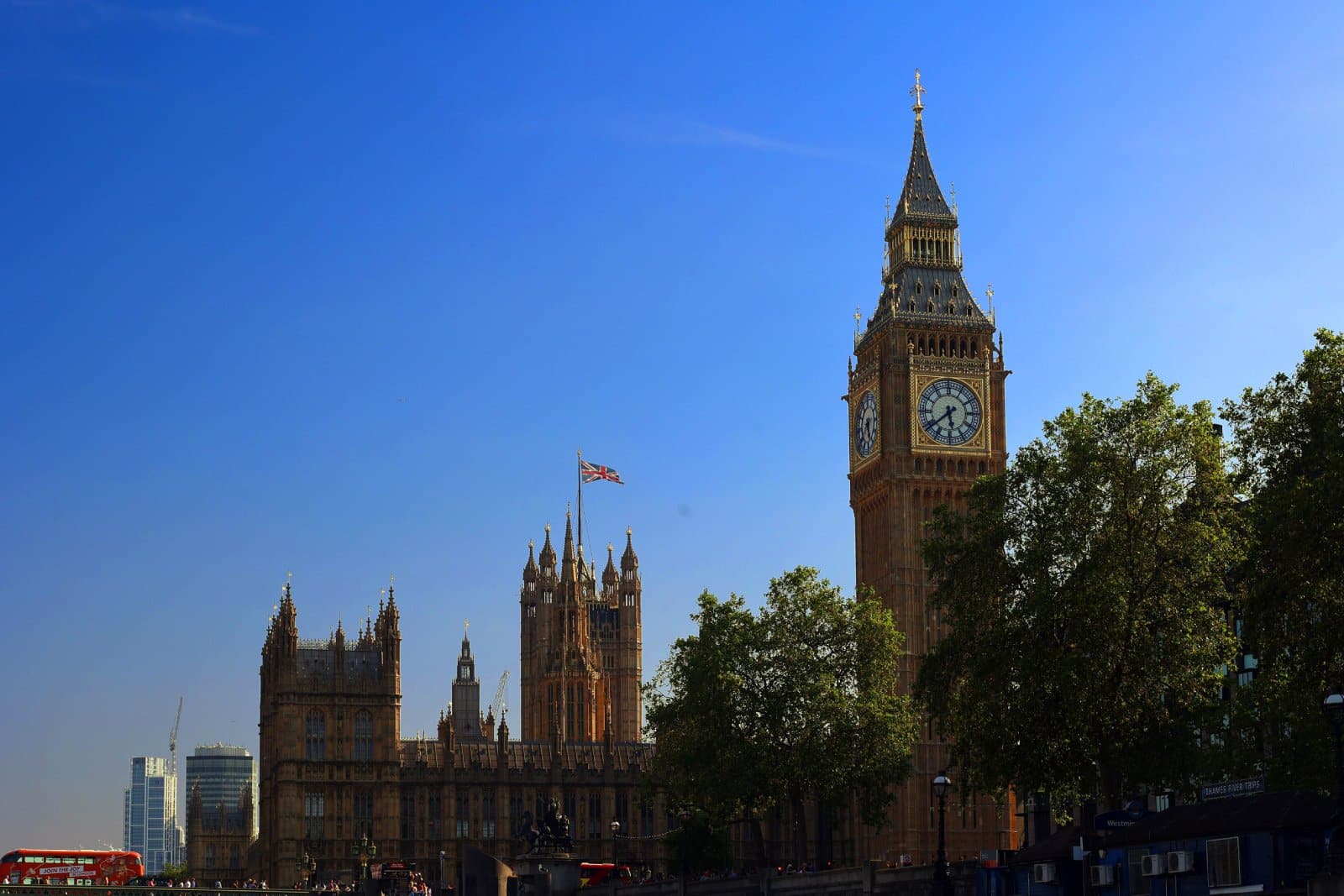
While Labour remains steadfast in its commitment to reforming the House of Lords, detailed plans to abolish hereditary peers are still in development.
“Significant Reform”

However, a Labour spokesperson told the Financial Times, “Labour will abolish the House of Lords to ensure the UK’s second chamber better reflect our regions and nations. An incoming Labour government will inherit a mess and need to prioritise. The first term will take steps toward significant reform of the chamber.”
Bold Move

The proposal to remove the UK’s hereditary peers represents a bold move to modernise the UK’s ancient democratic system, which has been formed over the centuries by small, gradual changes.
Uncertain Times
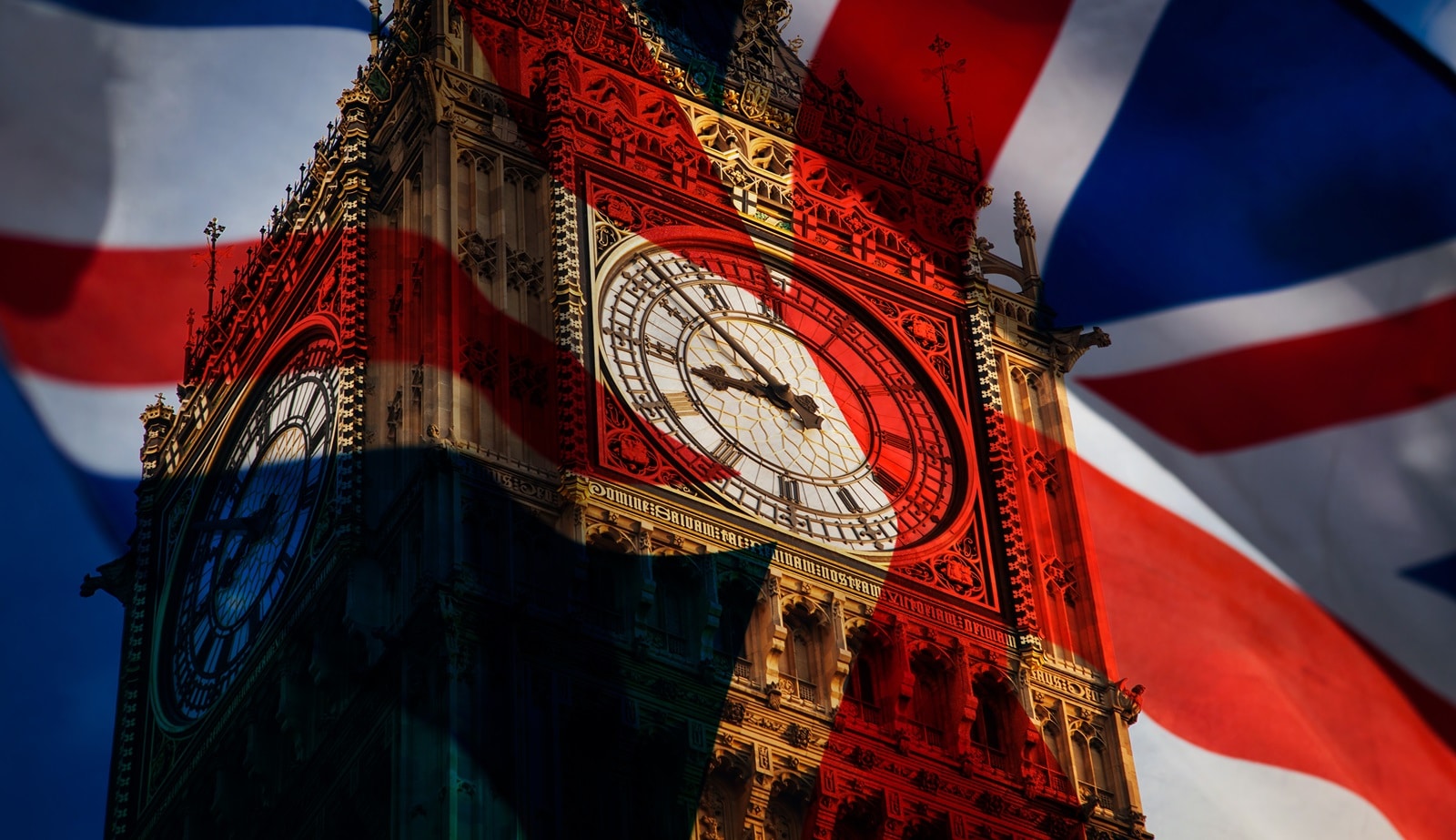
However, the election is still a long way away, and though the polls consistently show Labour in the lead, the old expression “a week is a long time in politics” is no doubt looming large in the minds of Labour advisors.
The post Labour’s Ambitious House of Lords Reform Plans Draw Mixed Reactions first appeared on Swift Feed.
Featured Image Credit: Shutterstock / GagliardiPhotography.

